Libs can’t escape millennial’s verdict in fightback
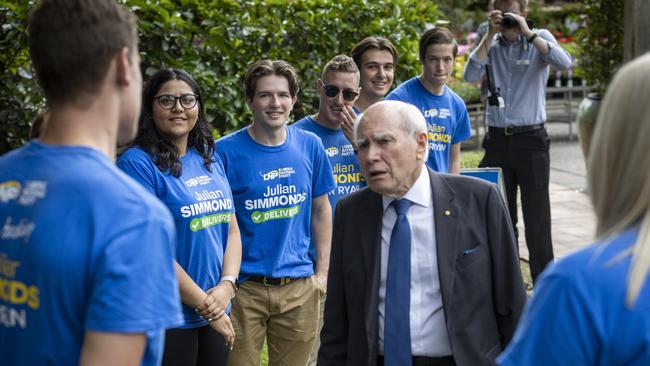
The authors are right in the implication that the electorate is changing and the Liberal Party has yet to change with it.
The most dangerous thing you can do in politics is believe your own bullshit. Not just because Australian voters abhor hubris but because it leads to stagnation.
Two self-appeasing myths represent grave risks to the Liberal Party right now: the beliefs that they are voters’ natural party of economic management; and that the results seen since the West Australian election are simply cyclic. For related reasons, neither of these is true. Understanding why is central to understanding the challenges the Liberals now face.
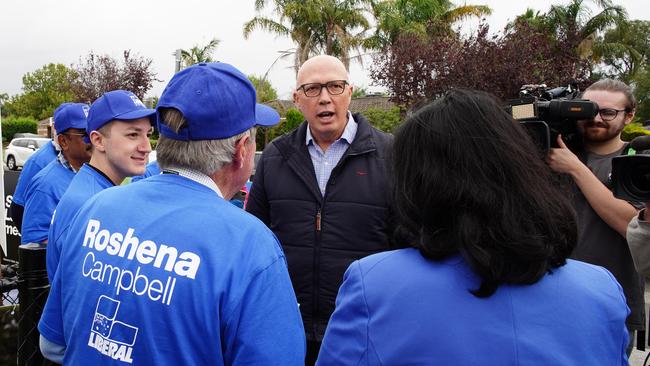
Over the past six years, our research has closely studied the emergence of a new political force, millennials. When we embarked on this research, millennials comprised somewhere around 20 per cent of the electoral roll. Today, in our major cities, millennials comprise well over 30 per cent of the roll and in many key metro marginal seats they are the predominant electoral cohort. By 2025, electoral rolls in these seats will add another 3000 to 5000 young voters. In terms of electoral influence, the age of the baby boomer has ended.
Two things define millennials as voters: education and economic anxiety. Among them, we see unprecedented levels of university education. They are the most educated generation in history, especially young women, with more than half holding a bachelor degree or higher. Once upon a time, university education correlated with Liberal voting. Among younger uni-educated voters, the reverse is now the case. The Liberal primary vote in this cohort sits in the low 20 per cent.
The key story here is the connection of university education with socially progressive values. Young uni-educated voters are intolerant of intolerance. They value empathy and a focus on the greater good over self-indulgence. To these voters, the Liberals have become the “nasty” party. In focus groups, they talk not about a drift to the right by the Liberals but about a party now beholden by people with whom they do not share a single value. Indeed, the Liberal Party’s rot with millennials started with the marriage equality vote. That rot now gets worse with every story about the treatment of women within the party, the politicisation of climate, anti-trans rallies and the doubling down on the No vote to the voice referendum.
In our polling, we are seeing a declining Liberal vote among young university-educated voters. Labor is not without its challenges here, too, and Labor-Greens battles in our inner-city electorates will persist.
Now, some may argue millennials will tend conservative as they grow older and the traditional political cycles will reassert themselves. However, the current data suggests this is not happening.
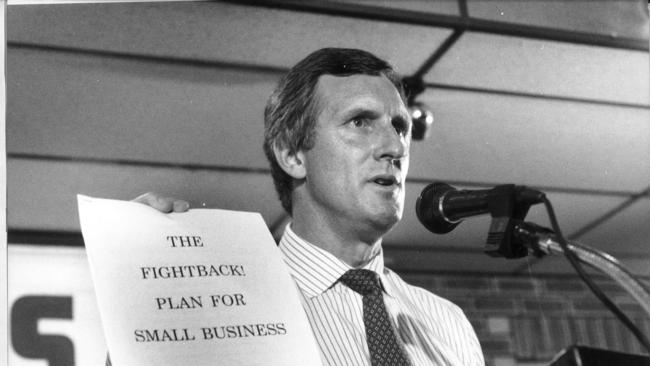
Millennials have already stayed progressive longer than their Gen X or boomer forebears and our research suggests no pivot point in sight. This is due to more than just education. The reason for this goes to the heart of the Liberals’ problem with millennial voters. In our focus groups, a consistent theme from millennial voters is a sense of an economic system stacked against them.
The critical fault line is housing attainability. They see a system – enabled by the major parties – that has over-inflated housing prices and protected the interests of landlords to their detriment. They feel locked out of owning a home and locked into an exploitative rental system. While they can be relatively “income wealthy”, they are “asset poor”. With no assets to conserve, why would millennials vote conservative on economic grounds?
Their perceptions are supported by analysis from the Grattan Institute showing the wealth gap between young and older Australians is widening, exacerbated by the fact younger Australians pay more tax than older Australians on the same income. This theme also emerges in our focus groups.

In this context, while both major parties take a beating, it is the Liberal Party that is mostly strongly identified as the party of landlords and corporations. Put simply, the Liberal Party is the party of an economic management that benefits someone else’s interests. Thus, the party’s attempts to shift the debate to economic grounds – using the same policy suite as the past 30-odd years – hurts it with these voters.
Conservative economic policy means conserving a status quo they feel excludes them. Millennial voters want progressive economic policy that addresses inequality, supports public services with a tax system that places increased burden on those who can afford to pay more, and gives them hope of owning a home and having a secure retirement.
This is not to suggest that the Liberal Party cannot win an election again. The upcoming election in Queensland will be challenging for Labor, being a state whose demographic make-up best suits the Liberals. But beyond that, the party faces an identity crisis: what should be its core values? And whose interests does it seek to authentically represent? Furthermore, the Liberals are losing Australia’s diverse communities, as evident in the Aston by-election.
While the Liberals seem focused on the Australia of the 1990s, the Australia of the 2020s is walking away from them in droves. If I were them, I’d give that more consideration than two sentences on page 47 of an election review.
Simon Welsh is research director at RedBridge Group.

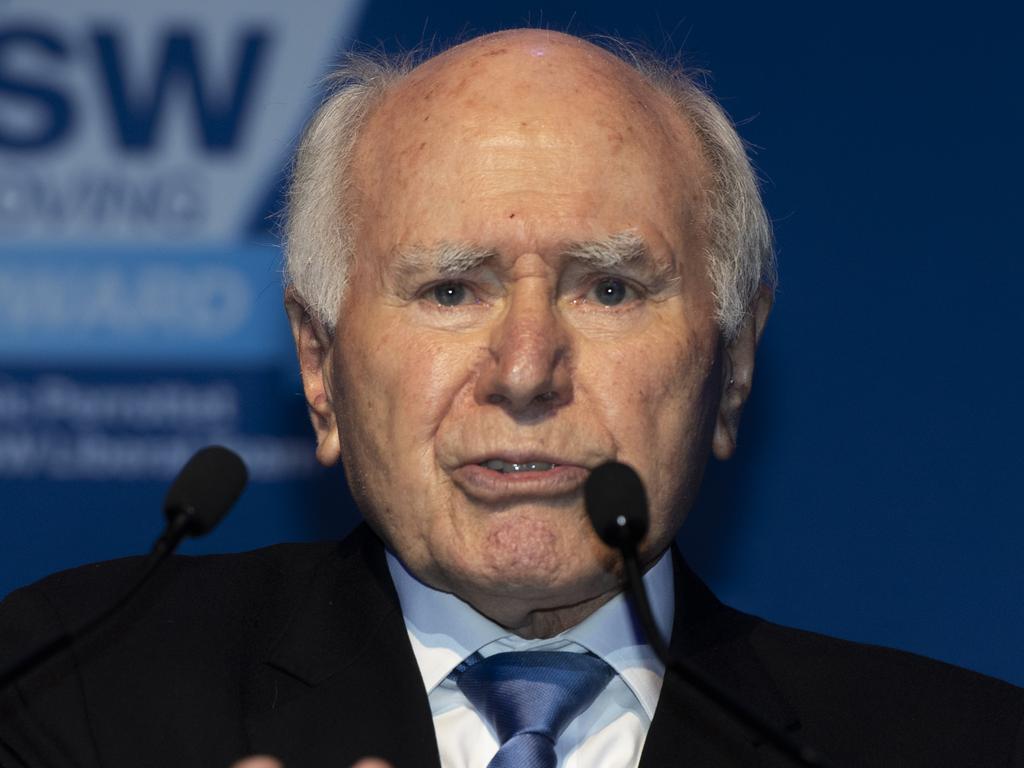
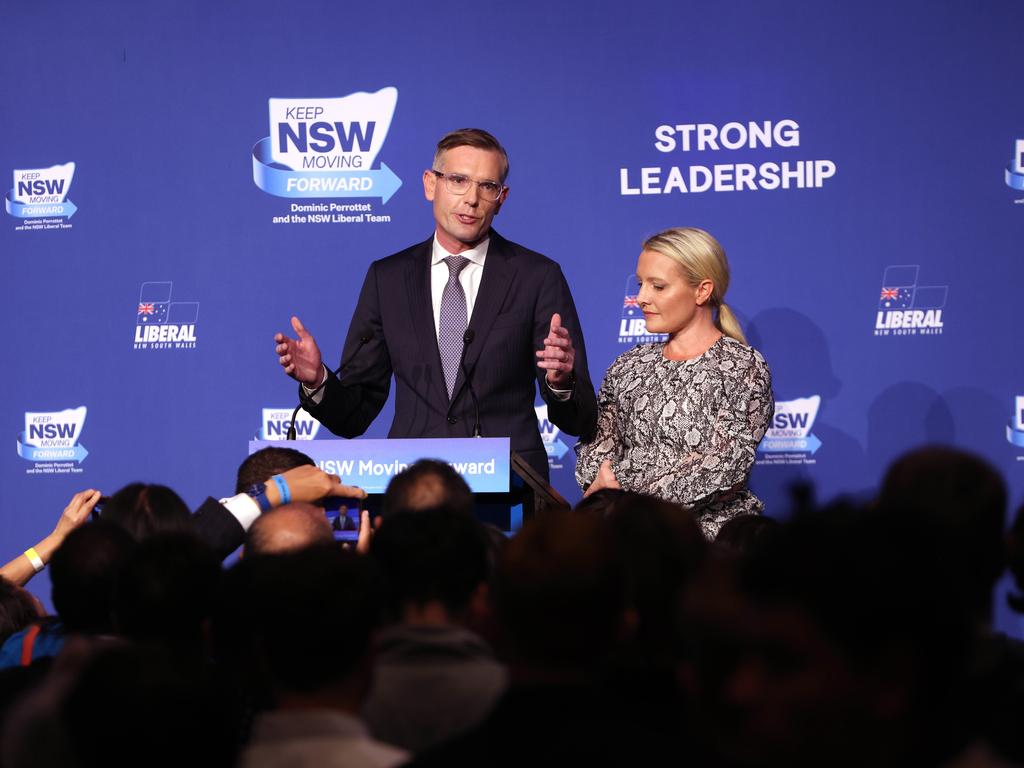
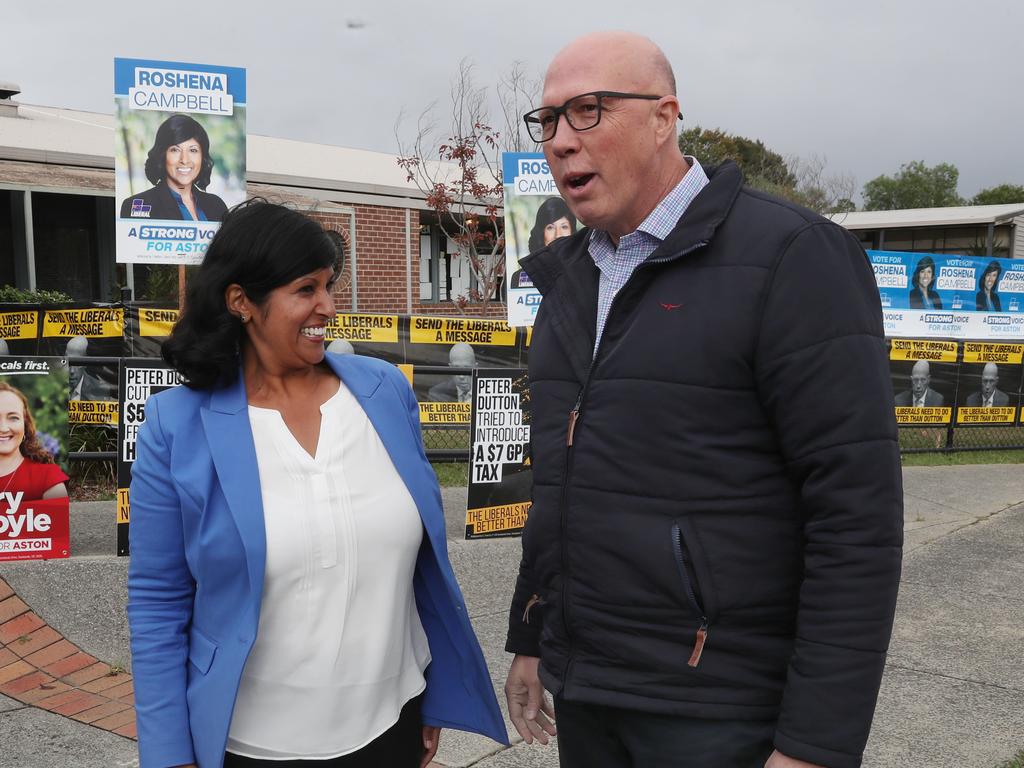
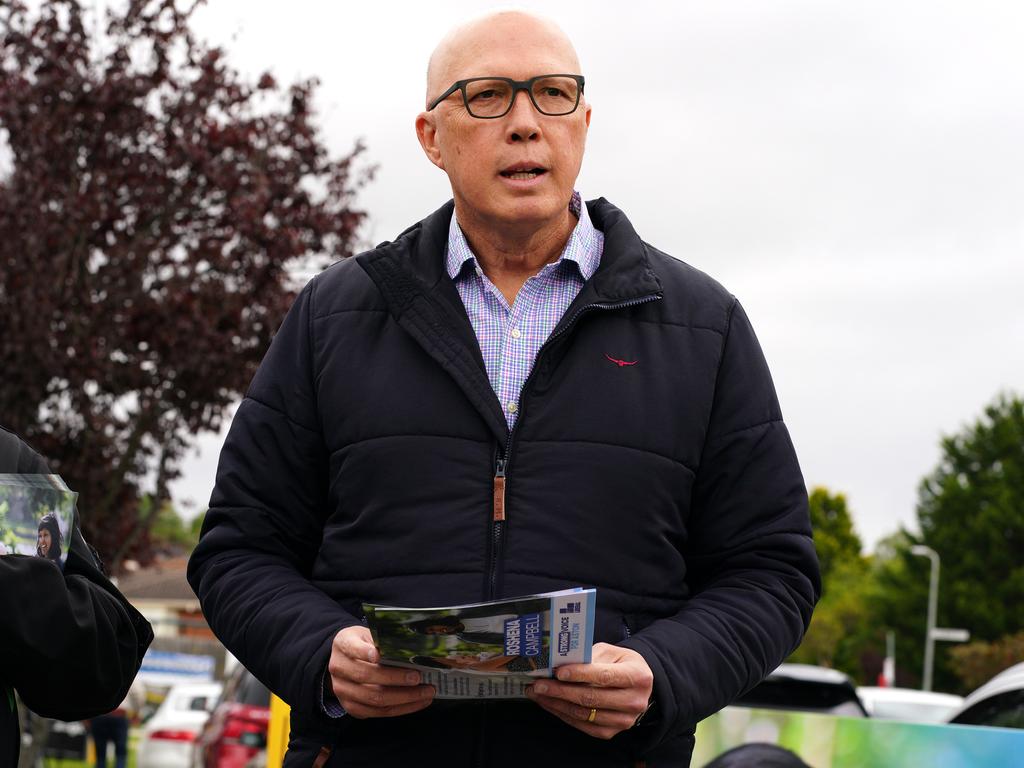


Tucked away towards the end of the Liberal Party’s review of the 2022 federal election is a telling comment: “Australian census data and public polling shows the community is changing rapidly in its beliefs and aspirations. In developing its plans in the lead up to the next election, it is important for the Party to understand these changes.”